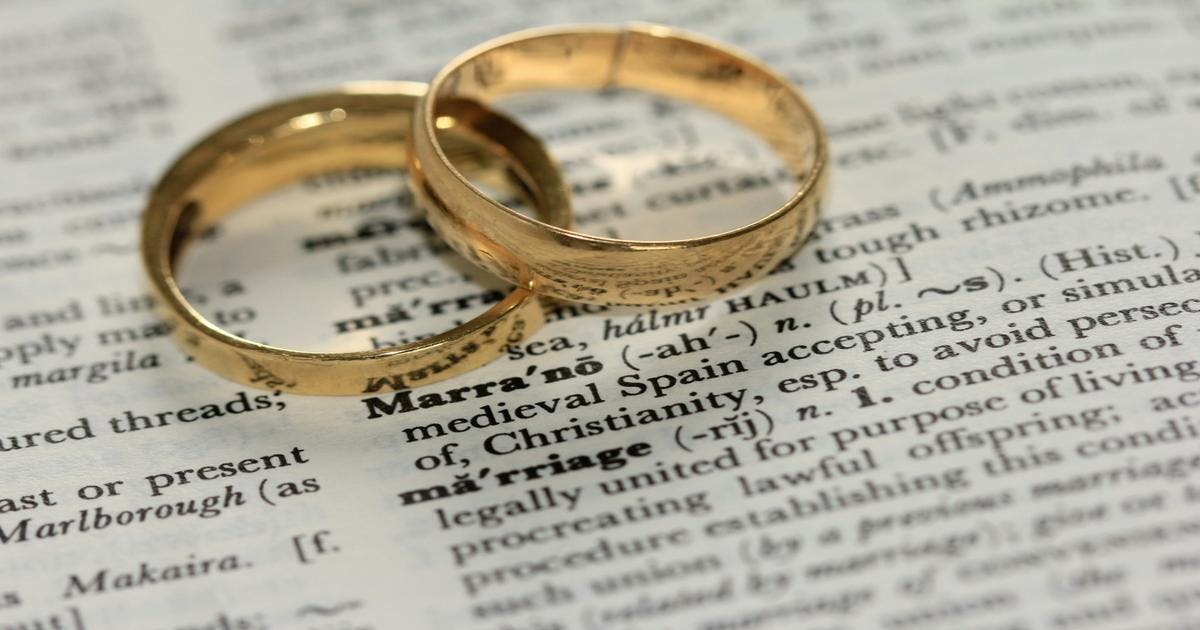
Capital Gains Tax (CGT) on Inherited Property in Ireland

Summary
Understand how Ireland’s CGT death exemption protects inherited property.
Dealing with inheritance in Ireland often raises questions about Capital Gains Tax (CGT). Many people worry that when they inherit a house, land, or shares, they’ll immediately face a huge CGT bill. Fortunately, Irish tax law provides a death exemption which protects heirs from paying CGT at the moment of inheritance.
At Irish Tax Hub, we regularly help families, executors, and beneficiaries navigate this complex area of tax law. In this article, we’ll explain exactly how CGT on inherited property in Ireland works, what the death exemption means, and why expert planning is critical to avoid unnecessary tax liabilities.
Capital Gains Tax in Ireland – The Basics
- CGT Rate in Ireland (2026): 33% on gains from selling or disposing of an asset.
- Special Rates: 40% applies to some offshore funds and life policies, while 10% applies under Entrepreneur Relief (up to €1m).
- Annual Exemption: Each person has a €1,270 annual CGT exemption.
When you sell an asset (property, shares, land, etc.), CGT is calculated on the profit (sale price minus acquisition cost and allowable expenses).
But what about assets that pass on death?
The Death Exemption – How It Works
When a person dies and leaves assets to heirs:
- No CGT is charged at the point of death or inheritance.
- This is known as the CGT death exemption.
- The heir is treated as acquiring the asset at its market value on the date of death.
✅ This means beneficiaries don’t inherit the deceased’s original purchase cost (which could be decades old and much lower). Instead, they inherit the current market value - effectively giving them a “CGT reset”.
Example: How CGT on Inherited Property is Treated
- Mary bought a house in Dublin in 1980 for €40,000.
- She passes away in 2026, when the property is worth €600,000.
- Her son, John, inherits the property.
CGT outcome:
- No CGT is charged on Mary’s death.
- John’s “base cost” is €600,000 (the property’s market value at death).
If John sells the house for €650,000 in 2026:
- His gain is €50,000 (€650,000 – €600,000).
- He owes CGT at 33% on €48,730 (after €1,270 exemption) = €16,071.
Without the death exemption, John could have been taxed on the entire €610,000 gain since 1980 - resulting in a catastrophic tax bill.
But Be Careful – Inheritance Tax Still Applies
While CGT is exempt on death, Capital Acquisitions Tax (CAT) may apply to beneficiaries.
- CAT is charged at 33% on gifts and inheritances above threshold limits.
- Thresholds depend on the relationship:
- Group A (child from parent): €400,000 (2026).
- Group B (siblings, nieces, nephews, grandchildren): €40,000.
- Group C (other relationships): €20,000.
This means that although you avoid CGT, you may face inheritance tax (CAT).
Key Planning Opportunities with CGT Death Exemption
The death exemption opens up several strategic opportunities:
1. Resetting Asset Values
Heirs inherit at market value, wiping out decades of unrealised gains. This makes it a good time to reconsider selling or restructuring assets.
2. Timing the Disposal
If you intend to sell inherited property, planning the timing can reduce CGT exposure - for example, pairing sales with capital losses or using the annual exemption.
3. Estate Planning During Lifetime
Parents can decide whether to transfer assets during life (triggering CGT but potentially avoiding CAT later) or pass them on death (no CGT but possible CAT). Strategic use of reliefs like Business Relief, Agricultural Relief, or Dwelling House Exemption can significantly reduce tax exposure.
4. Spousal Transfers
If property passes to a spouse or civil partner, it is exempt from both CGT and CAT - one of the most powerful reliefs available.
Common Misconceptions
- ❌ “I’ll pay CGT as soon as I inherit property.”
– Wrong. CGT is not charged on inheritance itself, only on later disposals. - ❌ “Inheritance tax and CGT are the same.”
– Wrong. CAT (inheritance tax) is separate from CGT. You may face CAT, but not CGT on death. - ❌ “The deceased’s original purchase price carries over.”
– Wrong. The base cost resets to market value at date of death.
How Irish Tax Hub Can Help
At Irish Tax Hub, we help families and individuals navigate these complex rules so they can protect their inheritance and minimise tax bills.
Our services include:
- CGT Advice on Inherited Property – Understand exactly what your exposure will be if you sell.
- Revenue Filings – We handle Form IT38 (inheritance tax) and CG1/CGT returns with precision.
With expert planning, many of our clients save tens of thousands of euro that would otherwise be lost in tax.
Frequently Asked Questions (FAQs)
Q1: Do I pay CGT when I inherit property in Ireland?
No. Thanks to the death exemption, CGT is not charged at inheritance. CGT only applies if you later sell the property.
Q2: What about inheritance tax?
You may owe Capital Acquisitions Tax (CAT) depending on the value and your relationship to the deceased.
Q3: Can I avoid CAT?
Certain reliefs (Agricultural Relief, Business Relief, Dwelling House Exemption) can reduce or eliminate CAT.
Q4: If I sell the inherited property immediately, will I pay CGT?
Yes, but only on the gain from the value at death to the sale price — often a small window.
Q5: Should I transfer assets before or after death?
It depends. Lifetime transfers trigger CGT but may reduce CAT later. Transfers on death avoid CGT but may lead to CAT. Expert advice is essential.
Conclusion
The CGT death exemption on inherited property in Ireland is one of the most important tax reliefs available to families. While it eliminates CGT at the point of inheritance, beneficiaries must still carefully manage inheritance tax (CAT) and future disposals.
With the right planning, you can protect family wealth, reduce exposure to both CGT and CAT, and pass on assets in the most tax-efficient way possible.
👉 Sign up for out CGT review service today. Irish Tax Hub - the trusted experts in Irish tax reliefs, CGT, and compliance.
This blog post is for informational purposes only and does not constitute tax, financial, or legal advice. Tax laws and regulations are subject to change and may vary based on individual circumstances. Readers are strongly encouraged to consult with a qualified tax professional or financial advisor before making decisions based on the information provided. We make no guarantee regarding the accuracy, completeness, or applicability of this content to your particular tax situation.
Found this article helpful? Like and share it with others
Related Posts

CGT Relief on Transfers Between Spouses and Civil Partners

Learn how Irish couples can save thousands in Capital Gains Tax with spousal transfer relief.

Capital Gains Tax (CGT) Loss Relief in Ireland

CGT Loss Relief in Ireland lets you offset capital losses against gains, reducing or eliminating Capital Gains Tax.